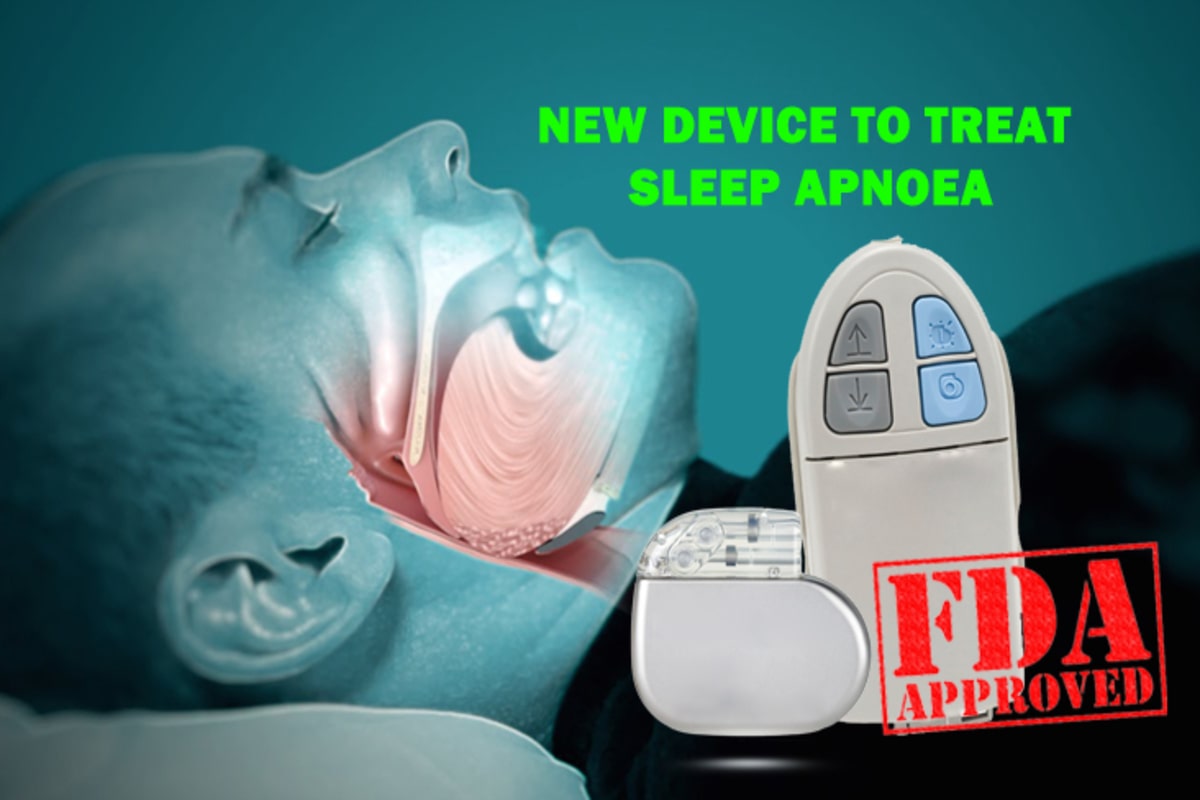The U.S. Food and Drug Administration, an agency within the U.S. Department of Health and Human Services, today approved a new treatment, the Remede System for moderate to severe central sleep apnoea. It is a battery operated device that is surgically implanted in the chest to stimulate the phrenic nerve, which in turn sends signals to the diaphragm and restores normal breathing in such patients.
Sleep apnoea is a disorder that causes one or more pauses in breathing lasting from few seconds to minutes or shallow breaths during sleep. In central sleep apnoea, the brain fails to send signals to the diaphragm to breathe, causing a breathing pause of 10 seconds or more in an individual. This leads to poor sleep quality and increased risk for high blood pressure, heart attack, heart failure, stroke, obesity, and diabetes in the suffering individual.
“Remede System offers a new treatment option for central sleep apnoea. However, its risks and benefits must be weighed as compared to other treatments like medicines, airway pressure devices, and surgery” said Tina Kiang, Ph.D., acting director of the Division of Anesthesiology in the FDA’s Centre for Devices and Radiological Health
FDA evaluated 141 patients to measure the effect of the Remede System on the frequency and severity of apnoea (apnoea-hypopnoea index or AHI). After six months, AHI was seen to reduce by 50% or more in 51% patients with the implantable device as compared to 11% without this device.
However, the Remede System is not recommended for use by patients with active infection, obstructive sleep apnoea, and who require magnetic resonance imaging.
The FDA has granted approval of Remede System to Respicardia Inc.

